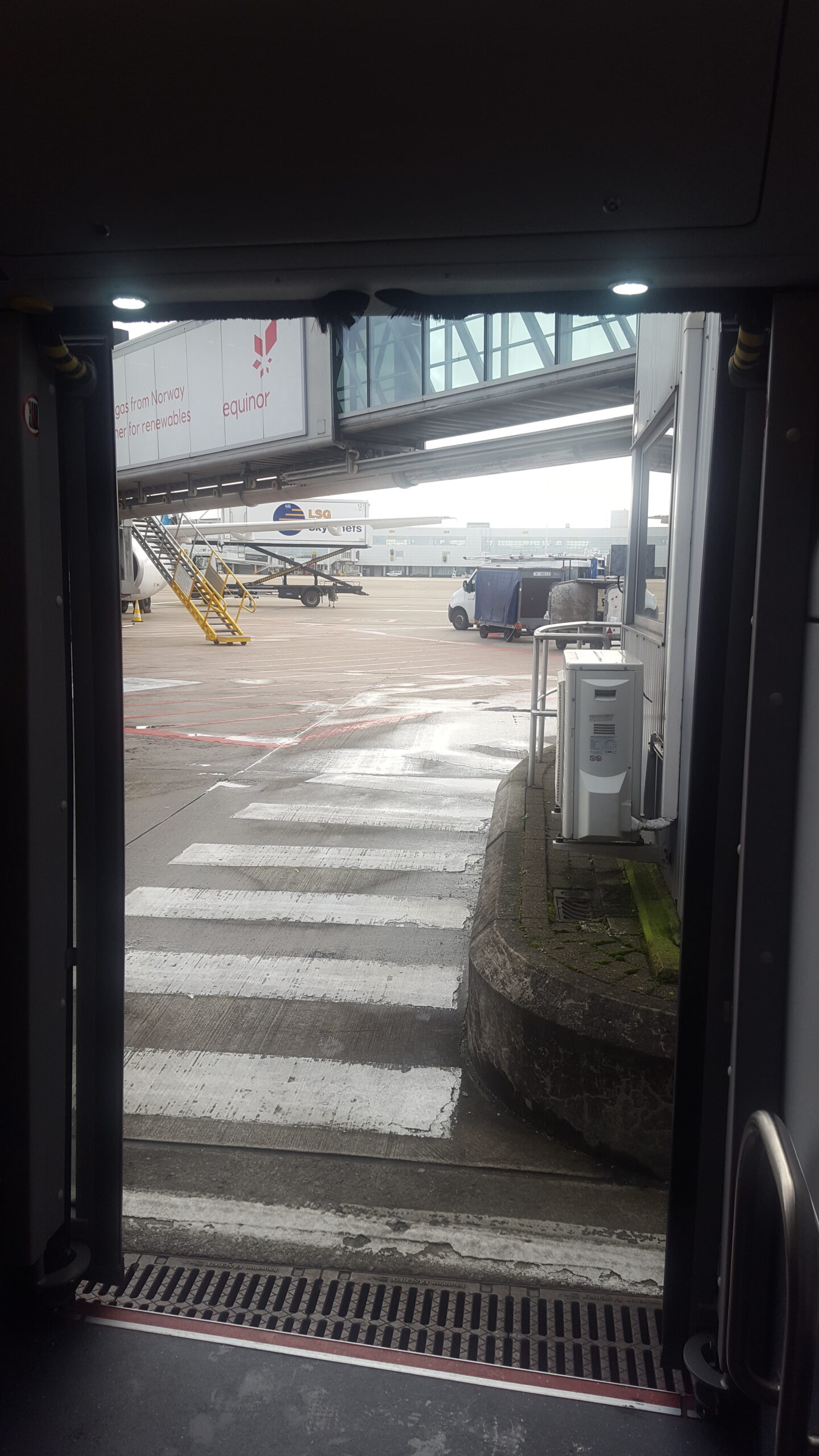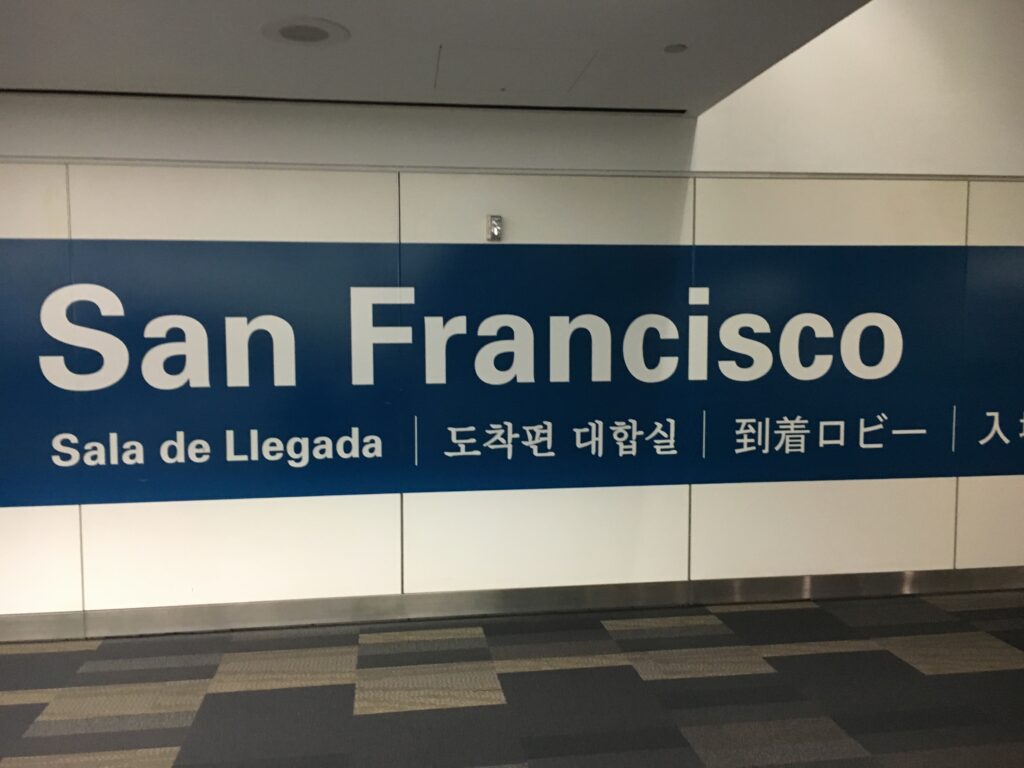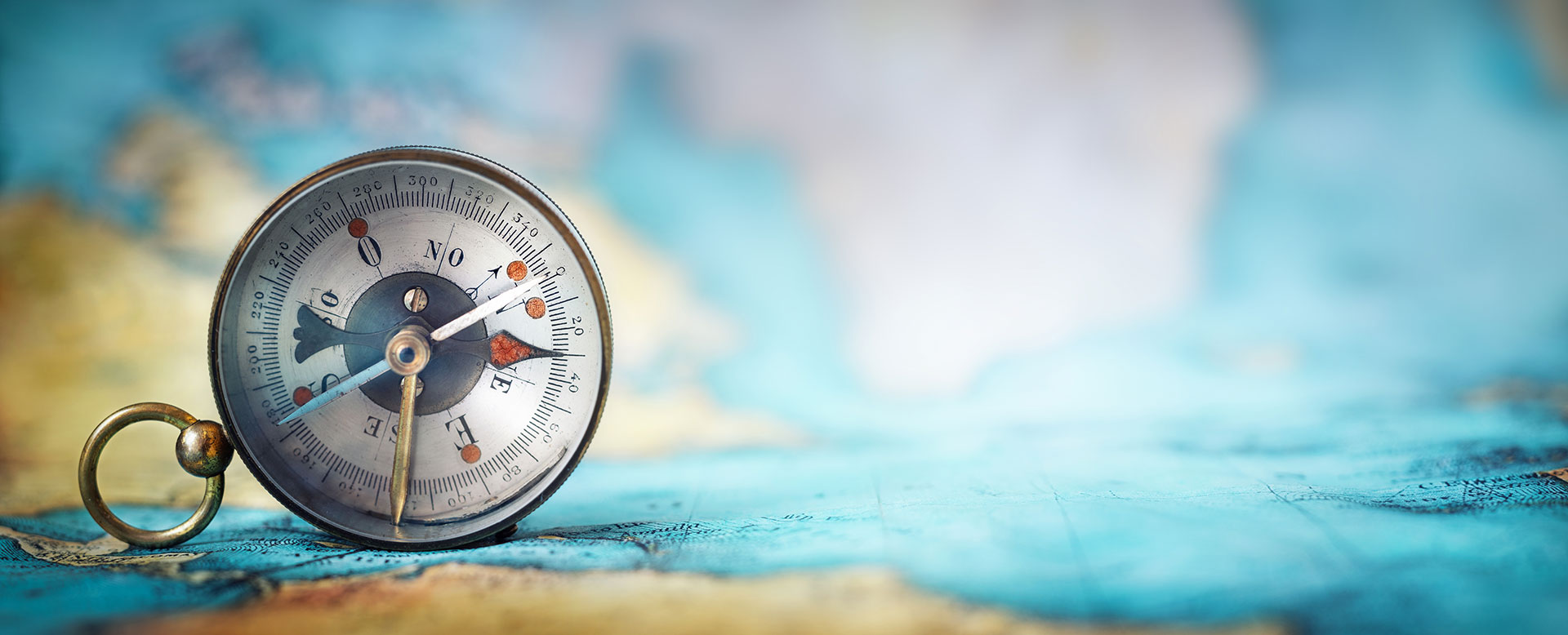Health, beauty and fashion / Zdrowie, moda i uroda, Interesting facts / Ciekawostki, Traveler's guide / Podróznicze porady

September 16, 2022
How to – fear of traveling. Part 1
For most of us, travel is associated with relaxation and joy. We leave all problems behind, we get to know new places, climb the mountains, swim and ride bikes, go for walks with family or friends. But not everyone thinks traveling is enjoyable. There are people who are terrified of traveling. The very thought of a trip causes fear. It increases every day and it doesn’t even help to know that their loved ones will accompany them on their journey.
Hodophobia
The term hodophobia is derived from Greek: it was created by combining the word hodo (understood as “road” or “journey”) with the word phobos (translated as “fear”). Hodophobia is therefore called the fear of traveling. The problem belongs to a wide group of anxiety disorders, which are specific phobias.
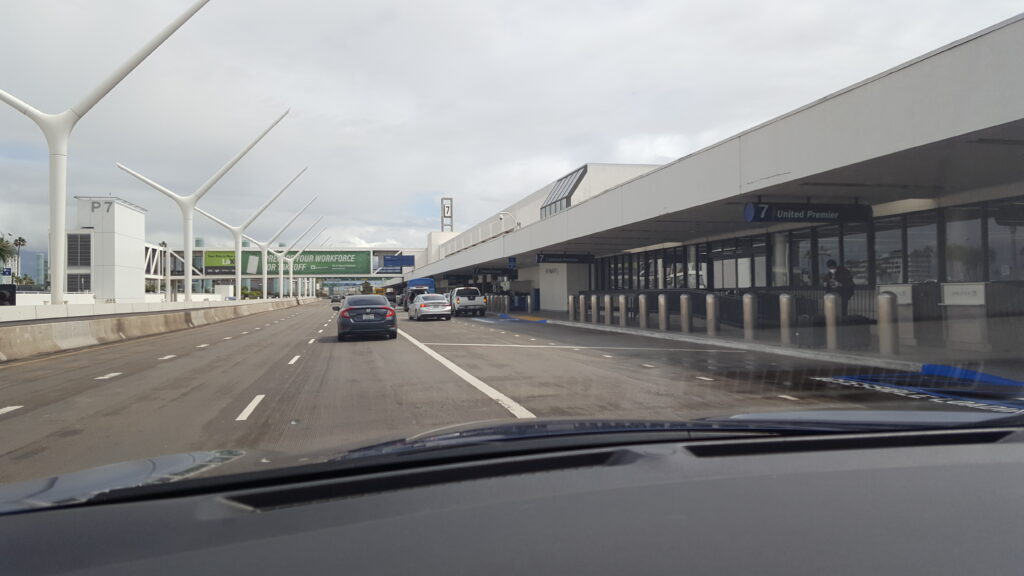
The causes of hodophobia
To this day, it has not been possible to clearly establish what is the cause of this problem. It is generally believed that the fear of traveling is multi-factorial. Genes may have some influence on the incidence of hodophobia in patients – it is noticeable that those people in whose families someone suffered from hodophobia or some other specific phobia have an increased risk that a similar problem will appear in them. Various serious events that may occur in human life are considered to be other potential causes of hodophobia. In the case of the specific phobia in question, the reason for its occurrence was primarily various unpleasant events that are related to travels – the experience of turbulence during an airplane flight, theft of luggage upon arrival in a foreign country or an accident during a holiday. There is also an opinion that various specific phobias – including hodophobia – may be fostered by experiencing events generally considered as traumatic, such as e.g. a car accident.
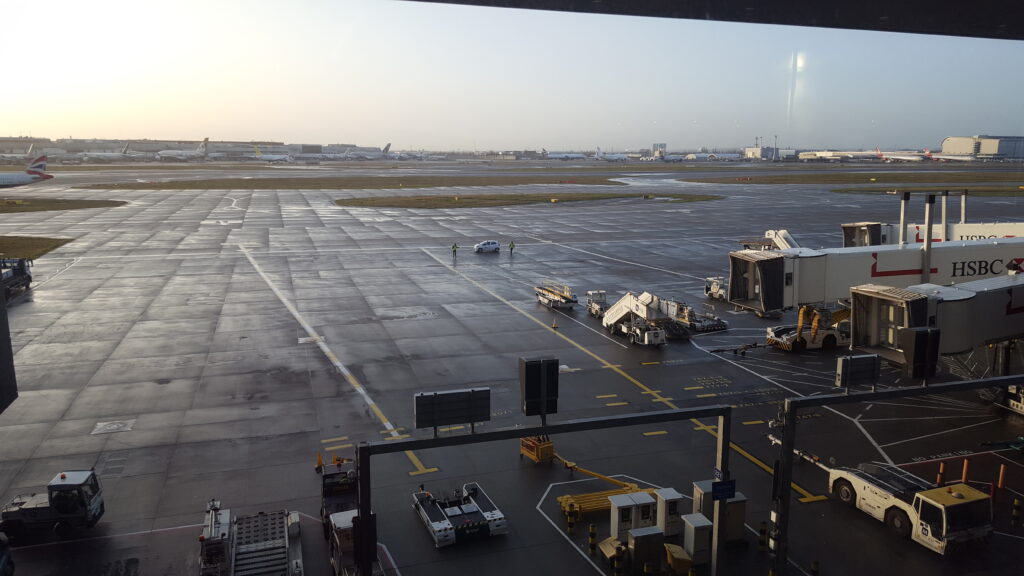
How is the fear of traveling manifested?
Symptoms of hodophobia in a person with this disorder appear not only when the person is about to go on a trip, but also just thinking about leaving the house. In that case the dominant problem is anxiety closely related to traveling. It is possible that such a person will even experience panic attacks, in the course of which they will experience increased heart rate, increased sweating, difficulty speaking, rapid breathing, trembling hands, a feeling of heart palpitations.
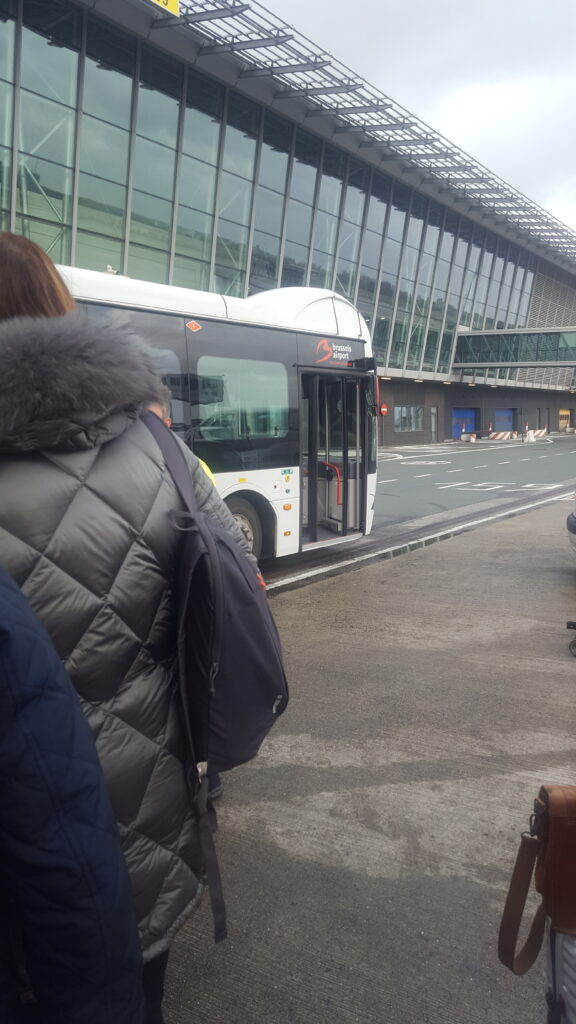
How to deal with travel anxiety?
The basic fear that effectively deter many people from traveling is aerophobia, which is the fear of flying by plane. But areophobia, or aviophobia, as some say, is just one of the many reasons for our fear of traveling. When leaving the country, we are afraid of many things, such as: getting lost in unknown terrain, feeling lonely or simply disappointed with the purpose of vacation and the inability to shorten the vacation and return home quickly. One of the most troublesome phobias is the fear of communicating in another country. This fear is not so much language literacy as fear of making mistakes. In times of globalization and the Internet, the language barrier is easier to overcome. After all, there is a whole group of words that can be understood in every language (toilet, tv, restaurant, etc.), which are very helpful in communicating. You shouldn’t be afraid of gestures either, in the countries of the Mediterranean basin it is a natural part of the conversation. It is also worth paying attention to information at bus stops or in menu cards. It may turn out that in combination with basic English, we can easily find our way or order a hotel room. In addition, there are also communicators with built-in dictionaries, in case of any problems just enter the word you are looking for and continue the conversation.

Before you set off on a trip, tell your loved ones about your fears, especially when it comes to traveling companionship. Remember that it is primarily up to the people with whom you spend your vacation whether it will be successful. If you do not like or are afraid of flying by plane, and this is the only possible means of transport, buy a flight ticket well in advance and avoid tiring transfers. Arrive at the airport well in advance, it will allow you to get used to the specifics of such travel. Already on board, tell staff about your fears, apply relaxation exercises if necessary, and take medications to improve your well-being. Remember – air transport is 261 times safer than car transport. During the trip, talk to your companions and read about the place you are going to. Use websites that help you find the right hotel. Don’t be shy about gesticulating and feel free to use instant messaging.
However, if the fear of traveling paralyzes you, the best solution before you go on a trip is to start individual or group therapy. Here, a person burdened with this type of fear will be able to share their emotions and listen to how other people deal with problems.

What might be the consequences of an anxiety to travel?
It would seem that hodophobia is a trivial problem – after all, you can live without traveling. In practice, however, the fear of traveling can significantly hinder our functioning. First of all, it can be a source of various family conflicts – after all, joint holiday trips and the memories you gain during them strengthen relationships. In a situation where one of the family members cannot force themselves to leave, ultimately the whole family may not go anywhere. On the other hand, a person with a hodophobia can sometimes succumb to pressure from their relatives and go on a journey. This could be a disaster, because the family member’s fear and the symptoms of hodophobia may not make the vacation successful at all. It should also be mentioned that hodophobia can lead to problems in professional life. The fear of traveling varies in intensity – for some people it is caused only by the vision of traveling to a foreign country, while for others it appears even when they are to go to a nearby but still strange city. In the latter case, a person with a hodophobia may, for example, refuse to follow the directions at work which would be related to going to a foreign place – and what the consequences of such a refusal may be, we can imagine.
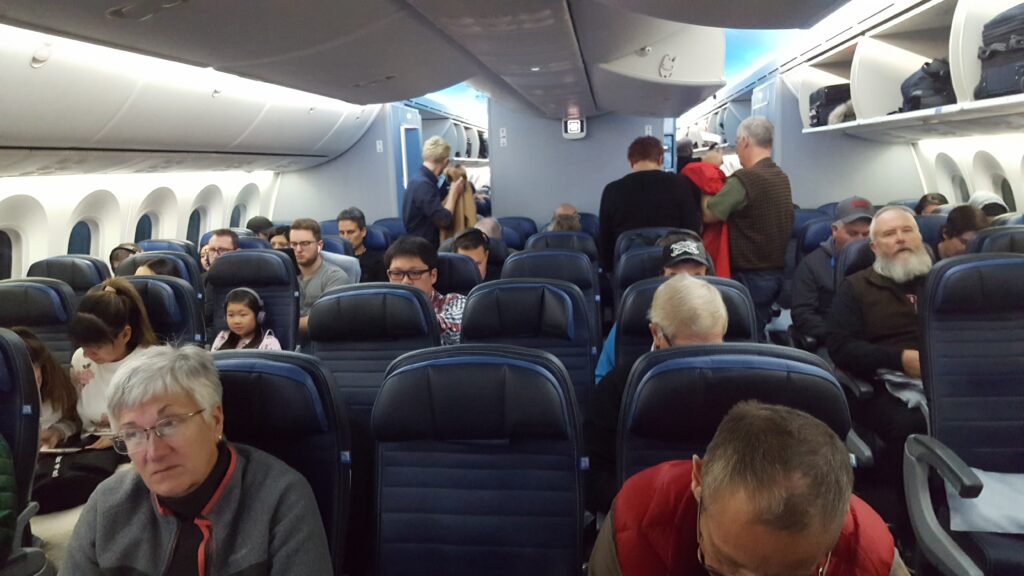
What is the treatment of hodophobia?
Hodophobia can certainly have an extremely negative impact on a person’s life. Fortunately, there are treatments for this problem. Among them, the greatest role is played by therapy and pharmacological treatment. In a situation where a patient experiences attacks of extreme anxiety, benzodiazepines may be prescribed for the short term.
It happens that a patient with hodophobia, who is already attending therapy, finally decides to try to overcome his fears and decides to travel. However, it is worth preparing for it especially well – it may reduce the risk that he will experience any difficulties during the trip. For this purpose, it is worth: plan your trip carefully: make sure what time the plane departs or the train leaves, how to get to the place of overnight stay or confirm your hotel reservation, ensure the best possible condition of your body: sleep before the trip, remember to eat the right water or prepare food for a trip (both sleep deprivation and dehydration or hunger may increase the risk that a patient will develop symptoms of hodophobia), travel with a close and trusted person, and avoid drinking too much alcohol before traveling. Alcohol can only make your anxiety response worse. Better to drink water than coffee.



